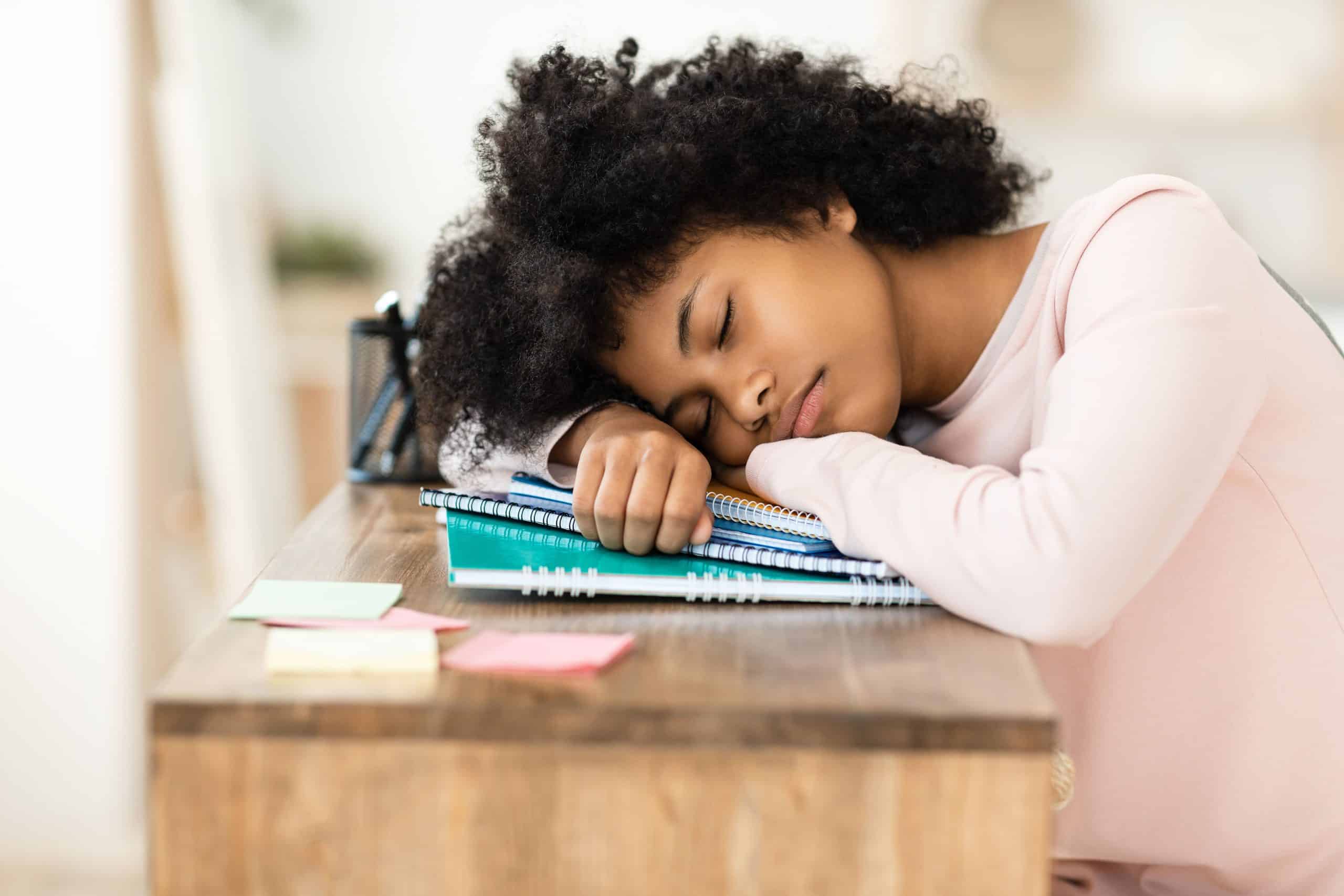Sleep Smart: Back-to-School Edition
- August 25, 2023
- The REACH Institute
- Child mental health, Parents, Patient communication, Pediatric primary care

There’s good news and bad news about kids who stay up way past their bedtime during the carefree days of summer. The bad news is that they will need some help adjusting to get back to a school sleep schedule. The good news? Kids and adolescents are resilient and can adapt quickly according to REACH faculty, Dr Robert Kowatch, MD, Ph.D., a Professor of Psychiatry at Nationwide Children’s Hospital and a leading expert in pediatric sleep and sleep medicine.
Understanding Pediatric Sleep Needs
Healthcare professionals play a crucial role in helping families recognize the significance of sleep for overall well-being. Adequate sleep is essential for a child’s physical growth, cognitive development, and emotional regulation. Dr. Kowatch recommended the following hours of sleep by age:
- Newborns: 14 to 17 hours/day
- Infants (4-11 months): 12 to 16 hours (including naps)
- Toddlers (1-2 years): 11 to 14 hours (including naps)
- Pre-schoolers (3-5 years): 10 to 13 hours (including naps)
- School-aged children (6-12 years): 9 to 12 hours (excluding naps)
- Teens: 8 to 10 hours
Dr Kowatch explained that “During sleep, your brain flushes out toxins. Your memory is made on proteins. And during the night, there’s CFS, central spinal fluid, flushing throughout the night…so you feel refreshed the next day.”
Transitioning from Summer to School Schedules
Dr Kowatch emphasizes that it’s essential for caregivers to recognize the challenges that can arise when transitioning from summer to a more structured school routine. “Parents have got to anticipate there may be an adjustment period for the first week or two.”
Gradual adjustments to bedtime and wake-up times can be extremely effective. Starting a week or two before school starts, encourage families to move bedtime and wake-up times earlier by about 15 minutes each day. A gradual shift can help children’s internal clocks adapt smoothly and get their circadian rhythm back on track.
What to Share with Parents about Back-to-School Sleep
- Adjust gradually: Begin changing the child’s sleep routine at least a week before school starts.
- Wake consistently: Wake the child around the same time every day, within an hour of the regular wake time for school.
- Incremental changes: Shift bedtime and wake times 15 minutes earlier each day.
- Reinstate routines: Restore school-night bedtime rituals, like bath time and story time.
- Daytime activities: Engage in relaxing activities between dinner and bedtime.
- Limit electronics and light: Turn off devices and reduce light/screen exposure two hours before sleep.
- Avoid caffeine: Children and adolescents should limit caffeine intake, especially after noon.
As the back-to-school season approaches, the importance of prioritizing sleep health for children cannot be understated. Pediatricians are uniquely positioned to provide guidance and support to families during this transition, for what will hopefully be a restful start to the school year!
Categories
- ADHD
- Anti-racism
- Anxiety
- Assessment & screening
- Autism
- Child mental health
- Coding
- Cognitive behavioral therapy
- College transition
- Culturally responsive
- Depression
- Eating disorders
- Foster care
- Grief
- High-risk children & youth
- LGBTQIA
- Medication
- Parents
- Patient communication
- Pediatric primary care
- School refusal
- Sleep disorders
- Suicide
- Trauma
- Show All Categories
Register for courses
“REACH offered a safe environment to learn and share in It was, and continues to be, a supportive, invigorating process! It was motivating and has increased my confidence in assessment, diagnosis of mental health cases in my day to day life and practice.”
